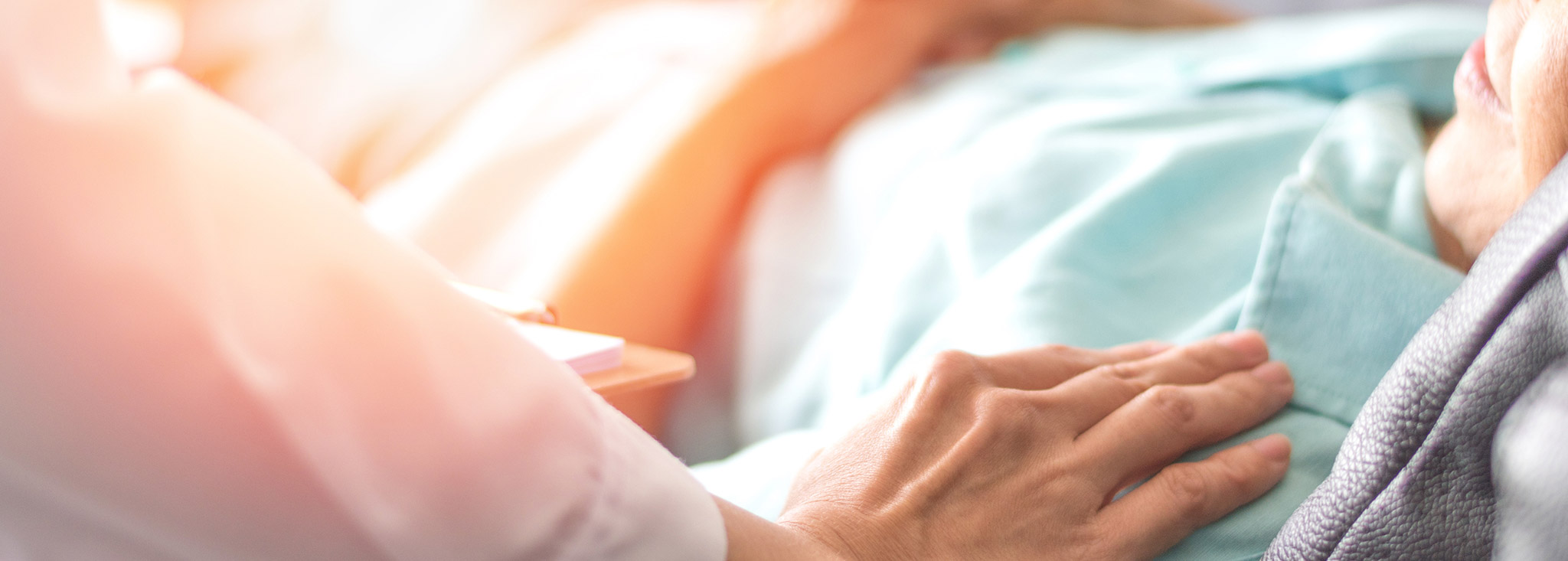Supporting Older Adults with Diabetes During COVID-19
With COVID-19 spreading around the world, it’s important to be prepared, not panic and practice social distancing, especially for people with underlying conditions such as asthma, diabetes and heart disease. Though people of all ages are susceptible to contracting COVID-19, older adults appear to be more vulnerable. The Centers for Disease Control and Prevention has labeled adults aged 65 and older as a high-risk group for severe illness from COVID-19. It’s also important to note diabetes impacts many older adults—an estimated 33 percent aged 65 and over have diabetes and are at risk of complications like low blood sugar, kidney failure and heart disease.
At a time like this, it’s important to think about how the COVID-19 public health crisis impacts our elders with diabetes, whether they be our grandparents, friends, or neighbors. Here are some tips on supporting older adults with diabetes during COVID-19:
Help ensure medications and food are stocked
Help older adults obtain at least a month’s supply or more of diabetes medications and supplies. If available, have them delivered by the pharmacy. Note that insulin can’t be delivered, so consider picking it up from the pharmacy for them. Health plans are also waiving early refill restrictions and allowing 90-day supplies. America’s Health Insurance Plans has a list of health insurance companies and the steps they’re taking to address the pandemic.
In regards to food, insist on helping older adults set up a grocery delivery service. If those services are unavailable, offer to pick up groceries for them. If your loved one is insisting they shop on their own, many grocery stores have set up a system where the first hour the store is open is reserved for older and immuno-compromised shoppers only. Everything is freshly cleaned and the crowds are smaller.
Stay Informed about COVID-19
We’re learning new information about the coronavirus, which leads to the viral disease COVID-19, every day. Keep up-to-date with changing guidelines and new research by the WHO and CDC. As we learn more about the coronavirus, we’ll be updating the information here. In the meantime, continue to follow WHO and CDC guidelines such as hand-washing, disinfecting high-touch surfaces, avoiding touching your face, coughing into your elbow and more.
Implement Household Changes
If you live in a multigenerational household, there are varying levels of COVID-19 risks. In this case, it’s important to consider how likely each member is to be carrying the virus, especially if some members are essential workers. Consider implementing household rules such as not sharing personal items like cups, utensils, food and water. If you have space, designate a bedroom and bathroom for potentially exposed or sick family members. Also, consider limiting or forbidding visitors. People may be carrying the disease without displaying symptoms.
Communicate with their healthcare team
You can support older adults with diabetes during COVID-19 by helping them communicate with their healthcare team. Non-essential doctor’s visits can be held online and these services are offered by health plans. Assist older adults who may not be technologically savvy by setting up virtual doctor’s appointments.
If your loved one is in a nursing or retirement home, contact the facility to learn what measures are in place to handle the public health crisis. Ask what adjustments are going to be made to your loved one’s routine, particularly with blood glucose management.
Know that visitation may not be recommended at this time, as assisted-living and long-term care facilities have to consider that visitors may be carrying the disease. Advocates are also urging family members to not panic and do not recommend bringing home loved ones to avoid infection. However, if you’re interested in becoming a caregiver, learn what the caregiver laws are in your state and what health decisions you can legally make on their behalf.
Stay connected to prevent isolation.
In the midst of social distancing, feeling isolated can become a real problem. Older adults may be feeling more anxious and overwhelmed than usual. Use things like FaceTime, Google Hangouts, Facebook Messenger and more to stay connected. Talk about things that aren’t related to COVID-19. However, if they want to discuss the virus and simply need someone to listen, be that person. If you notice COVID-19 is taking a deeper toll than you can handle, recommend professional online therapy services. Some are covered by insurance or have a co-pay. There are other online therapy services like Talkspace and BetterHealth where you can be connected to a counselor.





